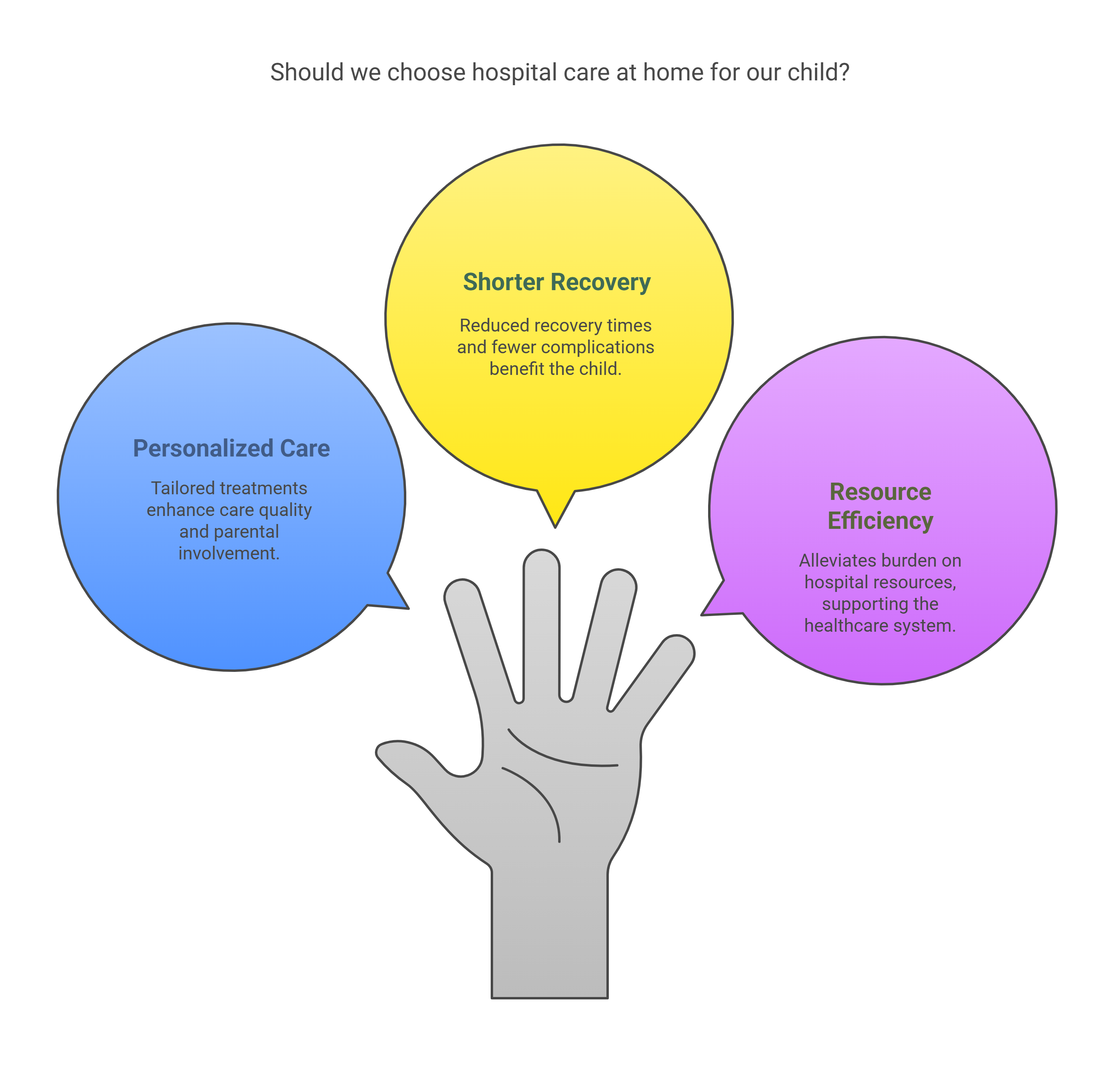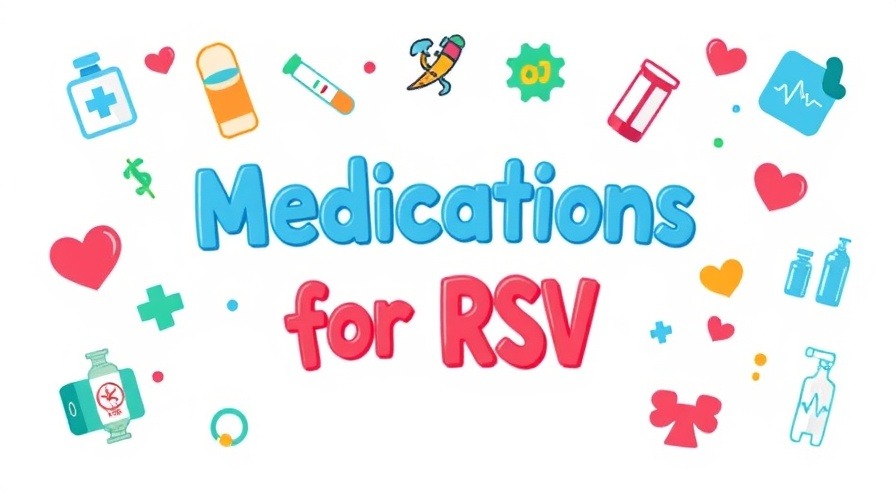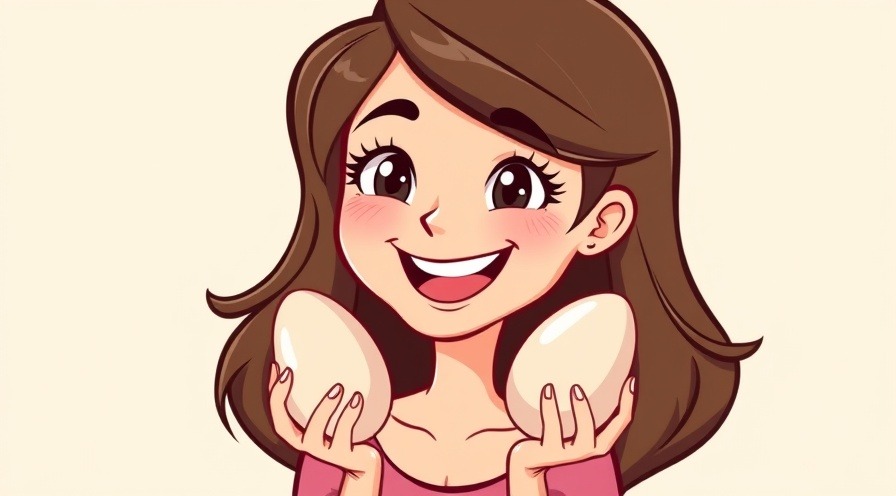
The Future of Pediatric Healthcare: Hospital Care at Home
In recent years, the healthcare landscape has undergone a significant transformation, particularly regarding the treatment of children. With the advent of advanced technologies and evolving healthcare practices, one innovative approach gaining traction is hospital care at home. This model not only aims to enhance patient comfort but also strives to reduce hospital overcrowding and improve the quality of care for young patients.
Understanding Hospital Care at Home
Hospital care at home involves delivering medical services typically performed in a hospital setting directly to the patient's home. For children, this means receiving treatments, monitoring, and rehabilitation services in an environment they are familiar with, surrounded by their family. This approach has shown promising results in improving patient satisfaction and outcomes.
The Evolving Pediatric Healthcare Landscape
As healthcare continues to evolve, it's pivotal to understand the reasons behind this shift. Traditional hospital stays can be stressful for children and often lead to longer recovery times due to the unfamiliar environment. By leveraging in-home care, healthcare providers aim to create a space where children feel safe and secure, ultimately leading to better healing experiences.
Additionally, the COVID-19 pandemic has accelerated the adoption of telehealth and remote monitoring technologies that support hospital care at home. In many cases, children can now consult healthcare professionals through virtual appointments, decreasing the risk of exposure to infections during hospital visits.
Benefits of Hospital Care at Home for Children
One of the most significant advantages of hospital care at home is the personalized attention patients receive. Care teams can tailor treatments to meet each child's specific needs, enhancing the quality of care. Parents also play an integral role in this model—it empowers them to be more involved in their child's care journey, fostering a sense of reassurance and partnership.

Furthermore, studies have demonstrated that children receiving care at home often experience shorter recovery times and reduced chances of hospital-related complications. This model not only benefits patients but also supports the healthcare system by alleviating the burden on hospital resources.
Challenges and Considerations
While hospital care at home has considerable benefits, it also presents certain challenges. Not all medical procedures may be suitable for home care, requiring careful assessment by healthcare providers. Moreover, some families may lack the necessary resources or infrastructure to facilitate in-home care adequately.
Training and support for families are essential components to ensure successful outcomes in this model. Healthcare providers must equip parents with the knowledge and resources they need to manage their child's care effectively.
The Path Forward for Pediatric Care
As the paradigm of child healthcare shifts towards home care, it’s crucial for stakeholders—families, healthcare professionals, and policymakers—to advocate for continued investment in this model. Research and data are vital to shaping best practices and ensuring the safety and efficacy of hospital care at home.
In conclusion, while hospital care at home represents an exciting frontier in pediatric healthcare, ongoing dialogue, and collaboration will be necessary to navigate its challenges and maximize its benefits. Families, clinicians, and healthcare systems must join forces to create a supportive ecosystem that celebrates the empowerment of children and their families in the healing process.
 Add Row
Add Row  Add
Add 




 Add Row
Add Row  Add
Add 

Write A Comment